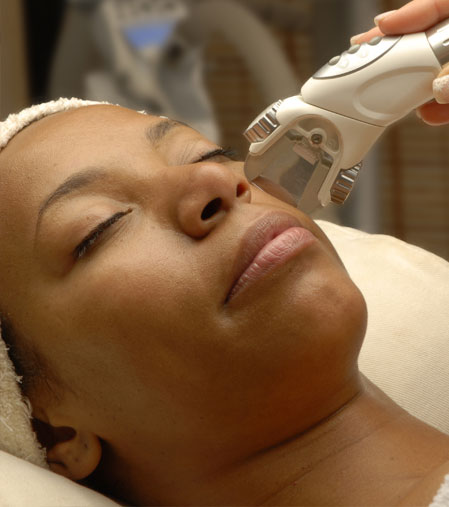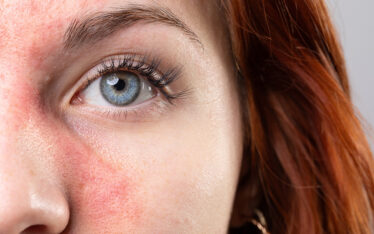Itching for some relief? Nppb might be the answer!

Itch is a complex symptom that is associated with many conditions. Originally, itch was incorrectly thought to represent a low-level form of pain. This viewpoint has since been disproven with additional research. We currently treat itch by modifying downstream receptors or mediators: antihistamines, steroids, serotonin modifiers, antipsychotics and opioid antagonists. Prior to this study research had honed in on the role of the central nervous system’s effect on itch. The elusive ‘primary’ target – or the start of the cascade of itch – remained at large.
A recent article published by Mishra and Hoon in Science (lay coverage) suggests that the central, mediator of itch may be a molecule called neuropeptide natriuretic polypeptide b (Nppb). Their research involved creating a mouse that lacked the ability to make Nppb – called a knockout mouse. This mouse did not respond with scratching behavior to any of the potent itch-provoking stimuli that were provided. Although this suggested a central role for Nppb, additional experimentation was needed.
In subsequent experiments a toxin was designed to destroy cells which contained Nppb. This toxin was then administered to normal, non-knockout, mice. After destroying cells which contained molecule Nppb there was a loss of scratch responses when itch-provoking stimuli were administered.
Still with me? One last step was required to determine whether Nppb or another molecule recently implicated, gastrin-releasing peptide (GRP), was ‘more upstream.’ The importance of determining the most upstream receptor is that if you can block it, then the cascade is completely shut off. In a final series of experiments GRP was administered to mice who had their Nppb-releasing cells destroyed with the aforementioned toxin. This final group of animals exhibited itching. Thus, GRP comes after Nppb in the itch cascade.
What does this all mean? Well, if we can 1) replicate these findings in humans, and 2) design a drug which blocks Nppb-containing cells from firing then we will likely be able to block the sensation of itch. That is still a long way off, and there may be yet another more central mediator, but this is a big step forward for those of us who deal with itchy patients everyday.


